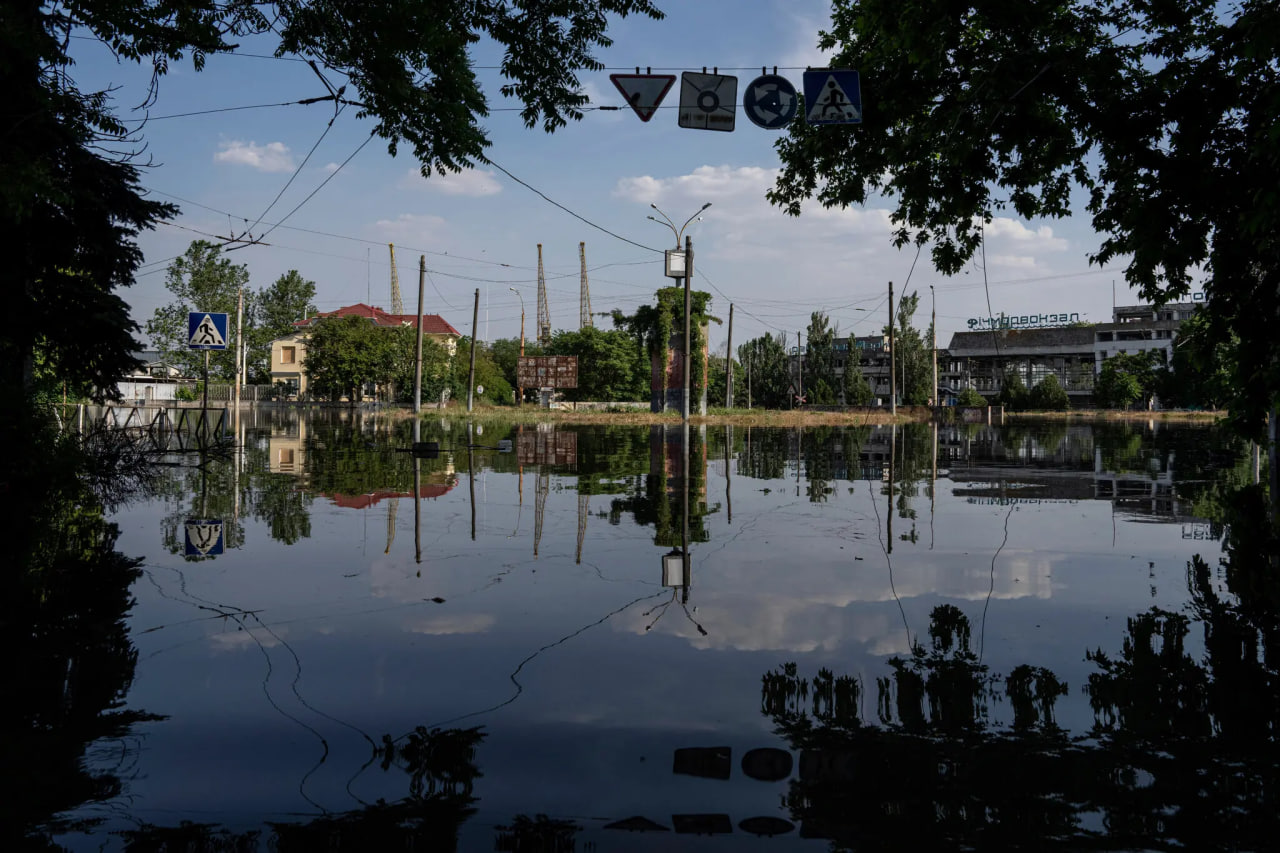The destruction of the Kakhovka Hydroelectric Power Plant (HPP) in Ukraine has put the lives of 700,000 individuals at risk due to a potential shortage of drinking water. The dire situation was brought to light by Martin Griffiths, the Under-Secretary General of the United Nations Organization for Humanitarian Affairs (OCHA), who emphasized the broader ramifications of this catastrophe on food exports and global food prices.
The collapse of the Kakhovka HPP has significantly worsened the humanitarian situation in Ukraine, according to Griffiths. "We are just beginning to see the full impact of this disaster," he stated. As a result, urgent measures are needed to address the pressing needs of the affected population.

Griffiths further disclosed that the United Nations has already provided assistance to approximately 30,000 residents residing in the flood-affected areas controlled by Ukraine. However, the situation demands greater attention and cooperation between nations. To this end, a meeting has been scheduled between Griffiths and Russia's Permanent Representative to the UN, Vasiliy Nebenzya, to discuss the admission of UN personnel into Russian-controlled territories to provide assistance to the victims.
However, the gravity of the crisis extends beyond the immediate aftermath of the destruction. "But behind that is the bigger problem of not having access to safe drinking water for 700,000 people," cautioned Griffiths. This alarming figure represents the collective number of individuals who may suffer from water shortages in both Russian and Ukrainian-controlled territories.
The potential repercussions of this dire situation are far-reaching, with food exports from Ukraine expected to decrease and global food prices predicted to rise. As the situation unfolds, concerted efforts are required to address the imminent threat to human lives and mitigate the long-term impact on the region's stability and well-being.
Comments (0)